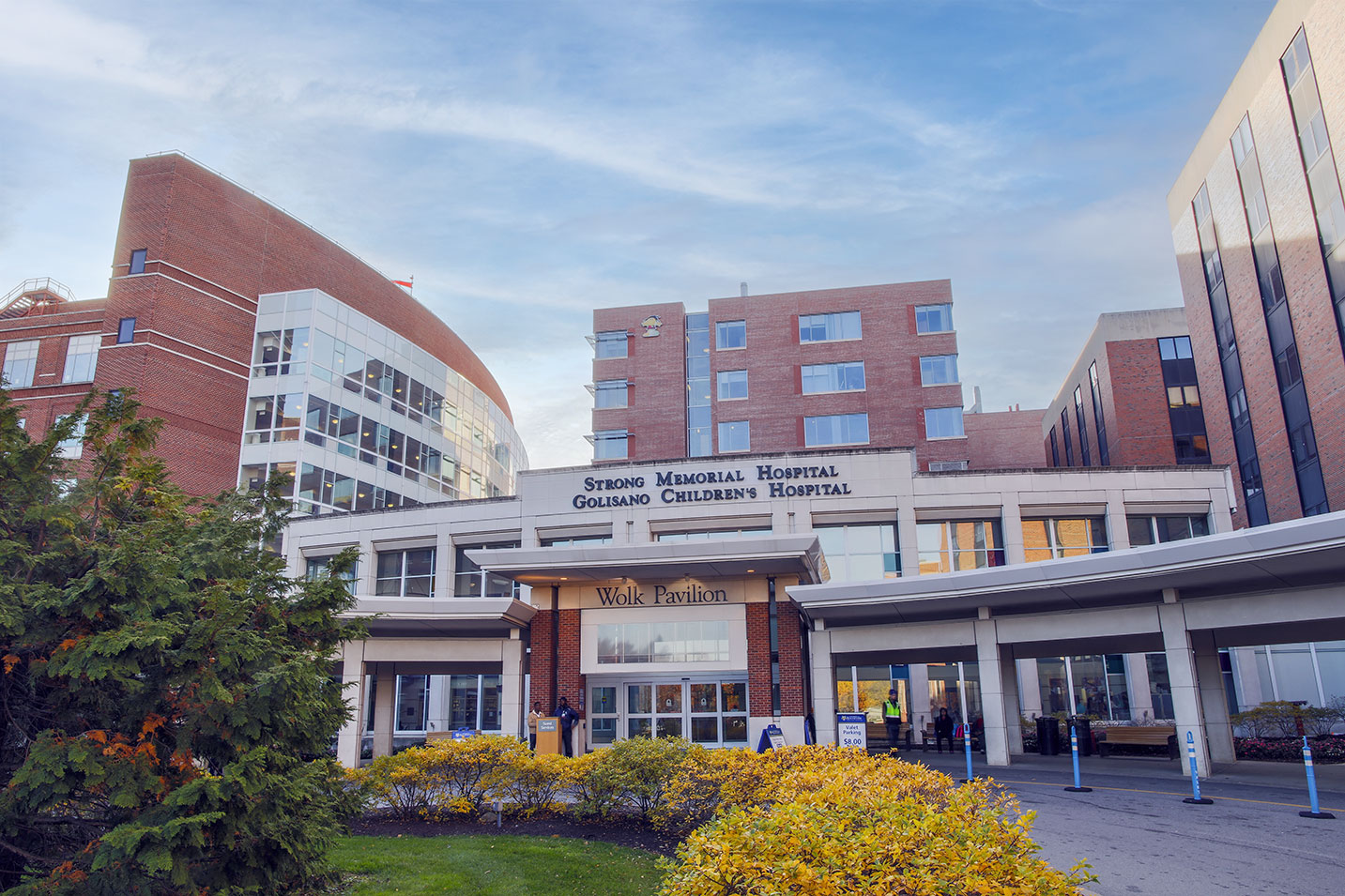Dysarthria
What is Dysarthria?
Dysarthria is a condition that makes speaking difficult because the muscles needed for speech are weak. We use many muscles to talk, including muscles in our face, lips, tongue, and throat, as well as muscles for breathing. It is harder to talk when these muscles are not functioning correctly due to weakness or other challenges.
Symptoms of Dysarthria
- Unclear speech
- Speaking too quickly or too slowly
- Speaking softly
- Difficulty moving your tongue, lips, and jaw
- Changes in your voice
- Sounding hoarse
- Sounding congested
- Sounding choppy or robotic
Causes of Dysarthria
Dysarthria is caused by brain or nerve damage. It can happen at birth or after an illness or injury. Anything that causes brain damage can cause dysarthria, such as:
- Stroke
- Brain injury
- Tumors
- Parkinson's disease
- Amyotrophic lateral sclerosis (ALS)
- Huntington's disease
- Multiple sclerosis
- Cerebral palsy
- Muscular dystrophy
Dysarthria can also be a side effect of some medications, such as those used to treat epilepsy.
UR Medicine's Treatments for Dysarthria
Your provider will likely give you a physical and neurological exam. They may test your strength, feeling, and reflexes, and listen to your heart and the vessels in your neck. An imaging test, usually an MRI or CT scan, may be performed if the cause of the dysarthria is unknown. You may also be evaluated by a neurologist or in one of the neurology specialty clinics at UR Medicine.
If dysarthria is suspected, you will be referred to a Speech-Language Pathologist (SLP) for an assessment. The goal of the dysarthria assessment is to identify:
- Unique characteristics of your speech
- Which of your speech subsystems are affected
- Other systems and processes that may be affected, like swallowing or language
- The overall impact of dysarthria on your communication
After your assessment, the SLP will determine the best therapy to help improve your speech. This may include:
- Exercises to strengthen muscles used for speech
- Adjusting speech speed
- Increasing breath support during speech
- Improving articulation
What Sets Us Apart?
Our speech pathologists are licensed by the New York State Department of Education and hold Certificates of Clinical Competence for the American Speech-Language-Hearing Association (ASHA), in addition to postgraduate training and certifications in several clinical subspecialties. Our providers use an interdisciplinary model, collaborating with other specialists in the fields of neuropsychology, occupational therapy, and physical therapy to help you meet your goals.
Locations
View All LocationsWe serve you in the Rochester metropolitan area and surrounding region.
View All Locations7 locations
7995 Call Parkway, Suite 100
Batavia, NY 14020
64 Elizabeth Blackwell Street, Suite A
Geneva, NY 14456
Ambulatory Care Center at Strong Memorial Hospital
601 Elmwood Avenue, 3rd Floor
Rochester, NY 14642
60 Greece Center Drive, Suite 2
Rochester, NY 14612
Clinton Woods
2365 South Clinton Avenue, Suite 200
Rochester, NY 14618
Highland Professional Office Building
990 South Avenue, Suite 207
Rochester, NY 14620
St. James Medical Office Building
7309 Seneca Road North, Specialty Clinic, Suite 102
Hornell, NY 14843
